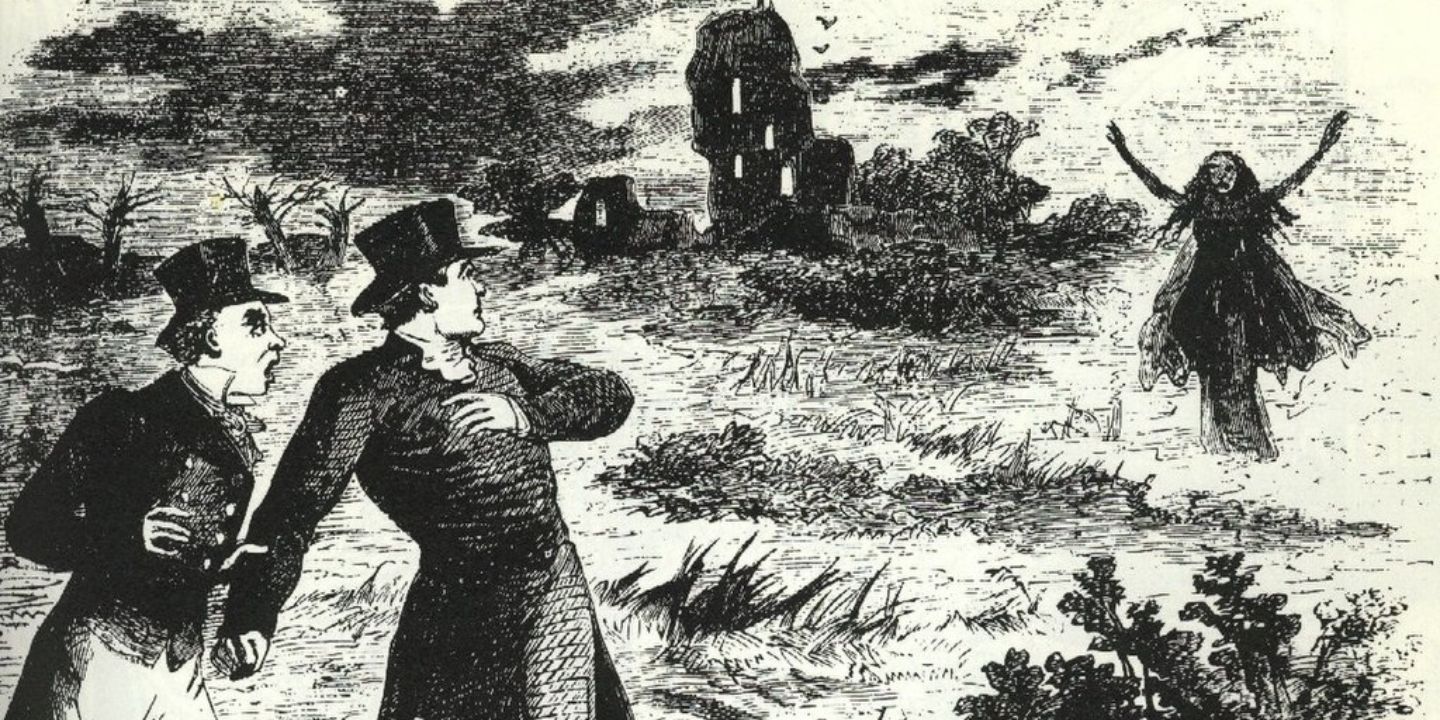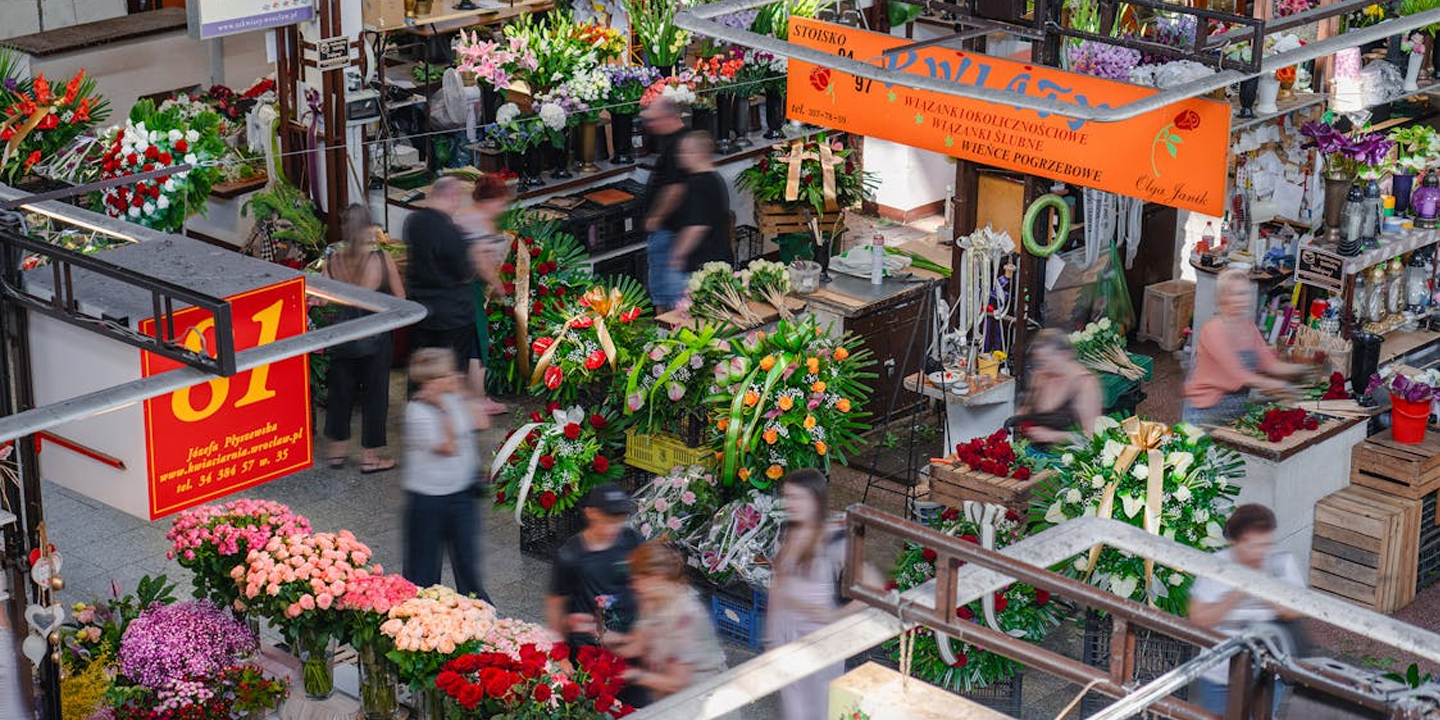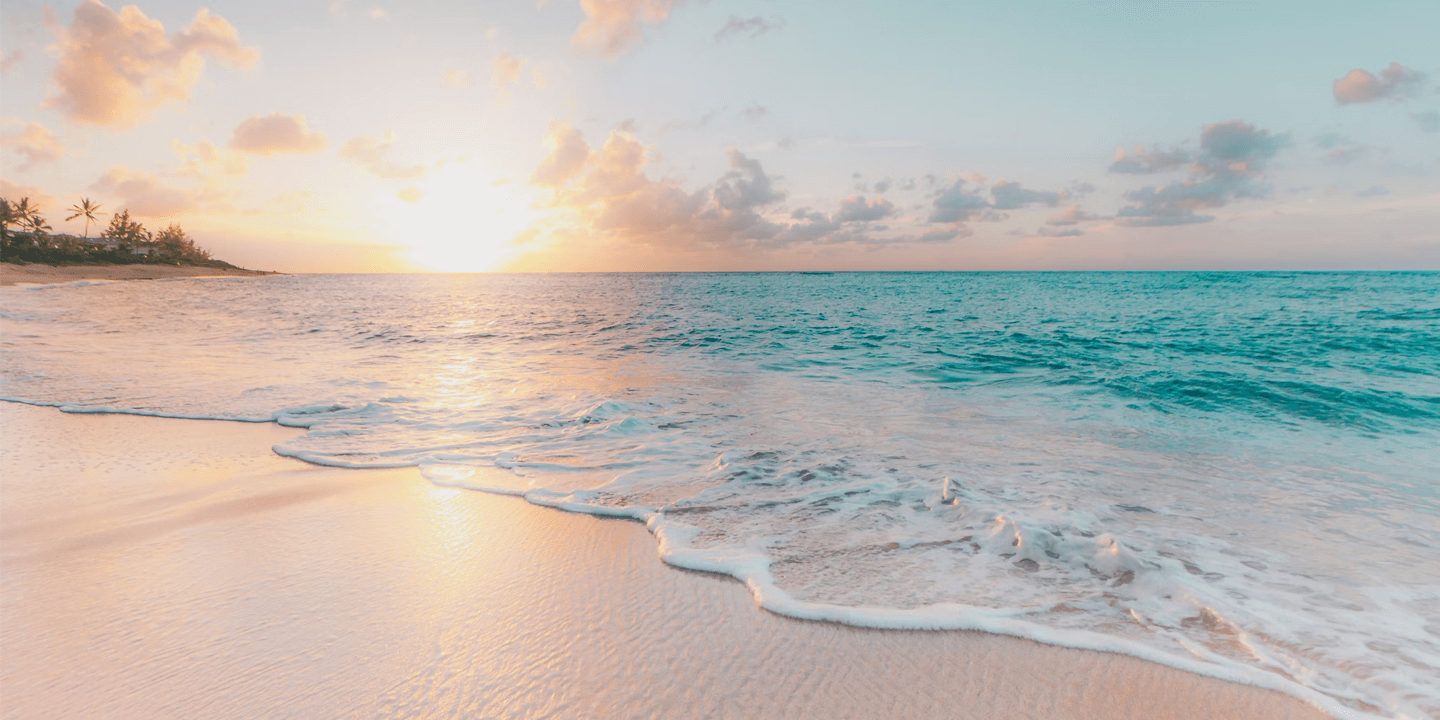Safe Spots Worth Noting
Tension and conflict often grab all the spotlight, but there are places where life flows without strain. Each nation on this list has its own rhythm, and they share one thing in common: peace. If you want to travel or relocate abroad, these 20 countries are recognized for their consistent mellow standing.
1. Iceland
Armed conflict is virtually unheard of in Iceland, where the military doesn’t even exist. Instead, public safety relies on community trust and powerful law enforcement. Low incarceration and high societal cohesion have kept Iceland atop the Global Peace Index since 2008.
2. New Zealand
New Zealand’s commitment to peace began long before it topped international rankings. The country abolished the death penalty in 1961 and has steadily reduced crime since the 1990s. Its emphasis on Indigenous reconciliation and civil rights keeps the peace across both islands.
3. Ireland
Following decades of sectarian conflict, Ireland made peace a long-term investment. The Good Friday Agreement of 1998 transformed its global standing. Today, its low violent crime and expanding social equality efforts make it among the safest democracies. Even rural areas benefit from strong community networks and public safety.
4. Denmark
Public trust isn’t just a notion in Denmark. This Nordic country operates under a highly transparent government, and citizens enjoy some of the world’s best social services. The low crime rate is supported by universal education and minimal political unrest.
5. Austria
As a bridge connecting Eastern and Western Europe, the country values diplomacy and stability. Its well-funded healthcare and low homicide rate display internal peace, while Vienna consistently ranks as one of the most livable cities worldwide for safety and quality of life.
6. Singapore
Low tolerance for crime and a zero-corruption policy fuel Singapore’s peaceful standing. This city-state relies on enforcement, education, and a tightly run bureaucracy. Ethnic harmony laws and heavy investment in public safety further make social stability a tangible, visible result.
7. Portugal
The shift to peace began in 1974 when Portugal emerged from dictatorship. Since then, the nation has reoriented itself with democratic values and non-aggressive foreign policy. Despite economic fluctuations, it ranks high in internal safety and decriminalized drug policy success.
 Vitor Oliveira from Torres Vedras, PORTUGAL on Wikimedia
Vitor Oliveira from Torres Vedras, PORTUGAL on Wikimedia
8. Slovenia
Often overlooked, Slovenia quietly excels in peaceful living. Since declaring independence from Yugoslavia in 1991, it has avoided conflict and maintained strong EU ties. The Alpine country also ranks high in press freedom and has one the lowest violent crime rates among European democracies.
 Jernej Furman from Maribor, Slovenia on Wikimedia
Jernej Furman from Maribor, Slovenia on Wikimedia
9. Malaysia
As Southeast Asia’s highest-ranked peaceful nation, Malaysia’s success lies in cultural balance. Despite its ethnic and religious diversity, the country has maintained internal stability through strong institutions and relatively low conflict levels. It ranks 10th globally in the 2024 Global Peace Index as a regional standout.
 Jorge Láscar from Melbourne, Australia on Wikimedia
Jorge Láscar from Melbourne, Australia on Wikimedia
10. Switzerland
Neutrality is a historical rhetoric and policy for Switzerland. The country hasn’t participated in any armed conflict since 1815. Today, it maintains a citizen army yet rarely deploys. Moreover, Switzerland’s strong legal framework and banking privacy laws also contribute to a predictable and highly safe environment.
11. Belgium
Geography places Belgium in the heart of Europe, but diplomacy gives it humble strength. Home to NATO and EU institutions, Belgium manages to balance international visibility with internal calm. While politically complex, it maintains a strong justice system and one of Europe’s lowest homicide rates.
12. Czech Republic
Tourists may notice the scenic charm of Prague, but the Czech Republic’s real peace lies in its governance. It has no serious external conflicts and abolished conscription in 2004. The country's consistent commitment to democratic stability and civic freedom keeps it firmly on peace indexes.
 Moyan Brenn from Italy on Wikimedia
Moyan Brenn from Italy on Wikimedia
13. Finland
Unlike many nations, Finland emphasizes peace education as early as grade school. The society is grounded in mutual respect and minimal social disparity. A world leader in press freedom and education quality, Finland pairs social equity with a low crime rate and high institutional trust.
14. Canada
Canada ranks consistently high on global safety indexes, thanks to strong public institutions and a reputation for non-aggressive foreign policy. Diversity is legally protected, healthcare is publicly funded, and community policing strategies have helped maintain peaceful relations across ethnic and linguistic groups in most provinces.
15. Japan
Even with its past militarism, post-war Japan adopted a pacifist constitution and hasn’t waged war in over 70 years. Japan now ranks high in domestic safety and respect for civil liberties. Social harmony and one of the world’s lowest homicide rates help reinforce its peaceful status.
16. Netherlands
With a highly transparent government and well-funded public services, the Netherlands promotes social trust at every level, which leads to gender equality and press freedom. Though densely populated, it experiences little violent unrest, and its justice system is designed around rehabilitation rather than punishment.
 Dominicus Johannes Bergsma on Wikimedia
Dominicus Johannes Bergsma on Wikimedia
17. Hungary
While its political direction has sparked international debate, Hungary still ranks highly on peace indicators. Its military involvement abroad is minimal, and its borders remain stable. Cultural cohesion and centralized law enforcement continue to maintain Hungary’s domestic order and safety.
18. Croatia
Post-war Croatia has made dramatic strides. Since the late 1990s, it has transitioned from a conflict zone to a stable democracy. EU membership solidified reforms, and today, the country enjoys low rates of violent crime and political violence. Croatia’s judicial reforms and press protections have also strengthened societal trust.
 Edwardwexler at English Wikipedia on Wikimedia
Edwardwexler at English Wikipedia on Wikimedia
19. Australia
Australia is one of the most multicultural nations in the world. Yet, it keeps ranking highly on global peace indexes due to its urban security and non-militarized diplomacy. The country's political system is quite stable, where strong public institutions lead resource distribution, crisis response, and social inclusion.
20. Germany
Germany’s strength lies in stable governance and long-term commitment to EU peace initiatives. It maintains strict civilian oversight over its military and enforces strong protections for individual rights. Internal unrest is rare, and investments in education and civic equality promote social balance across its sixteen federal states.






















